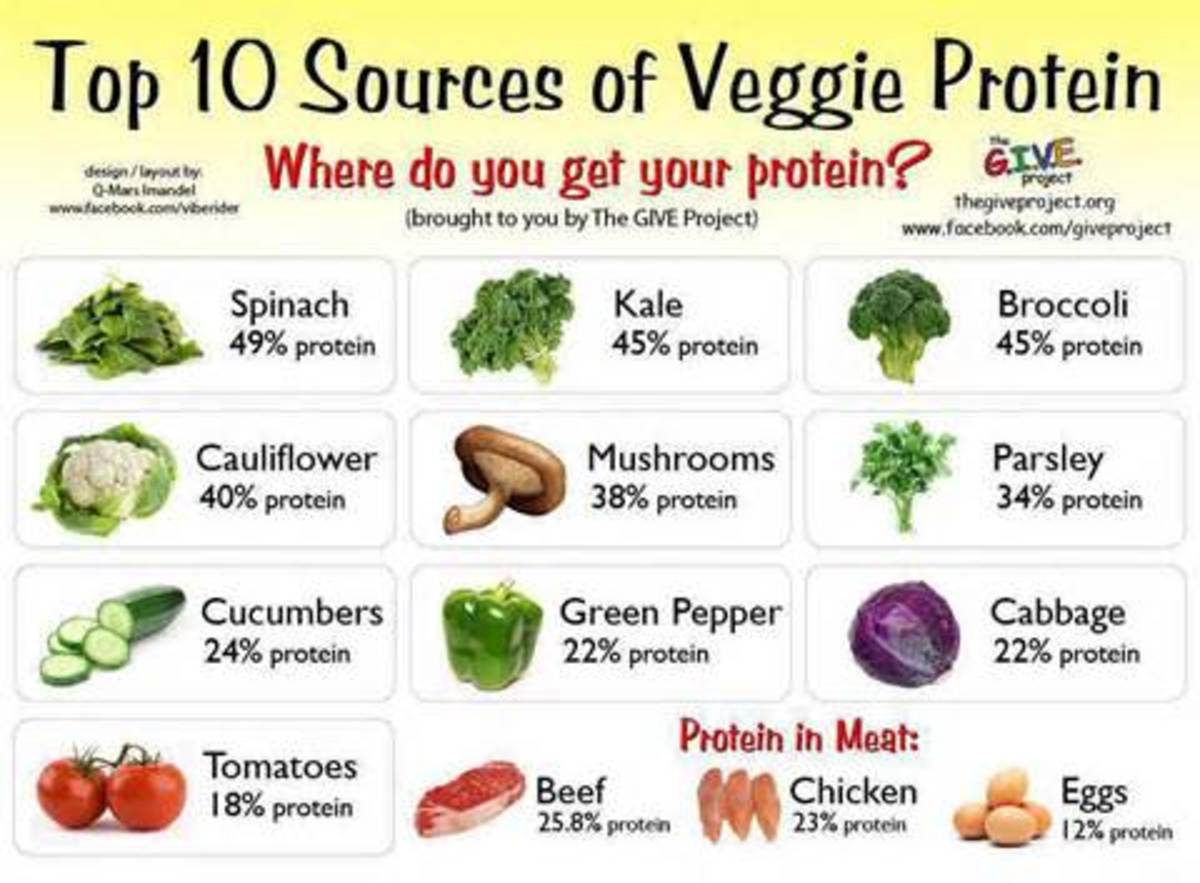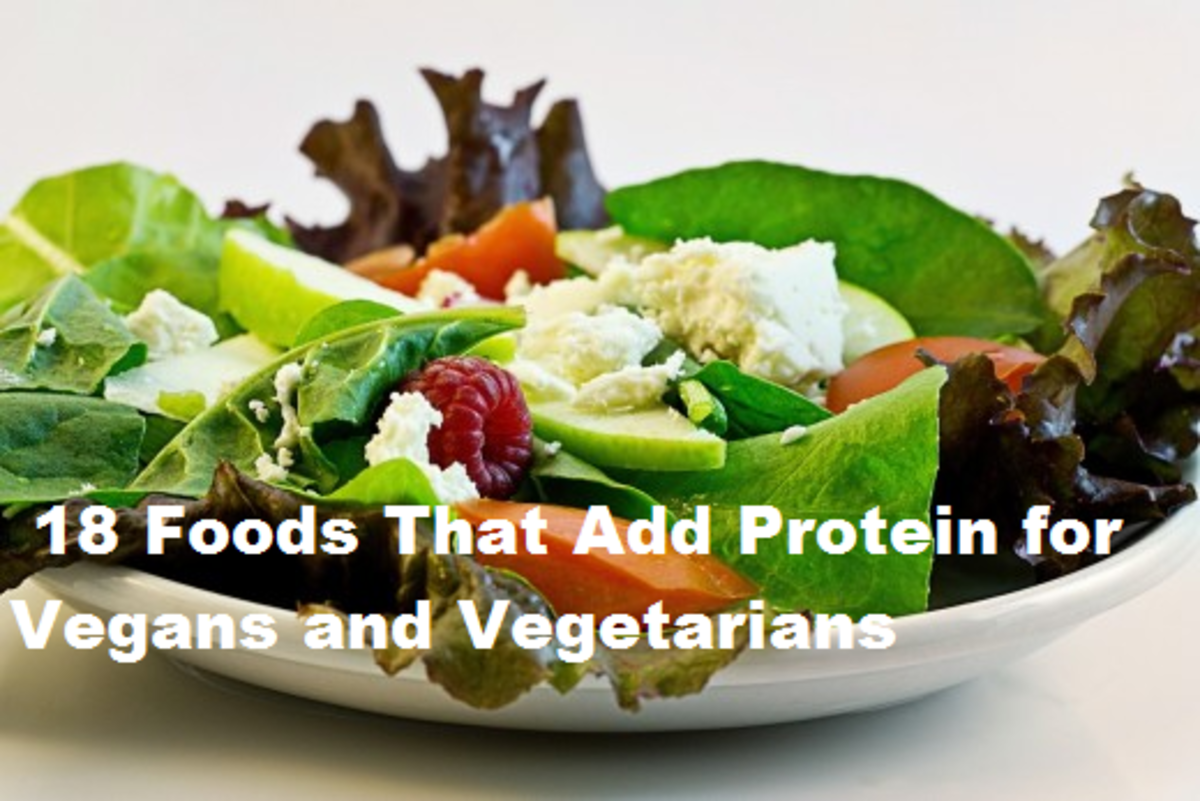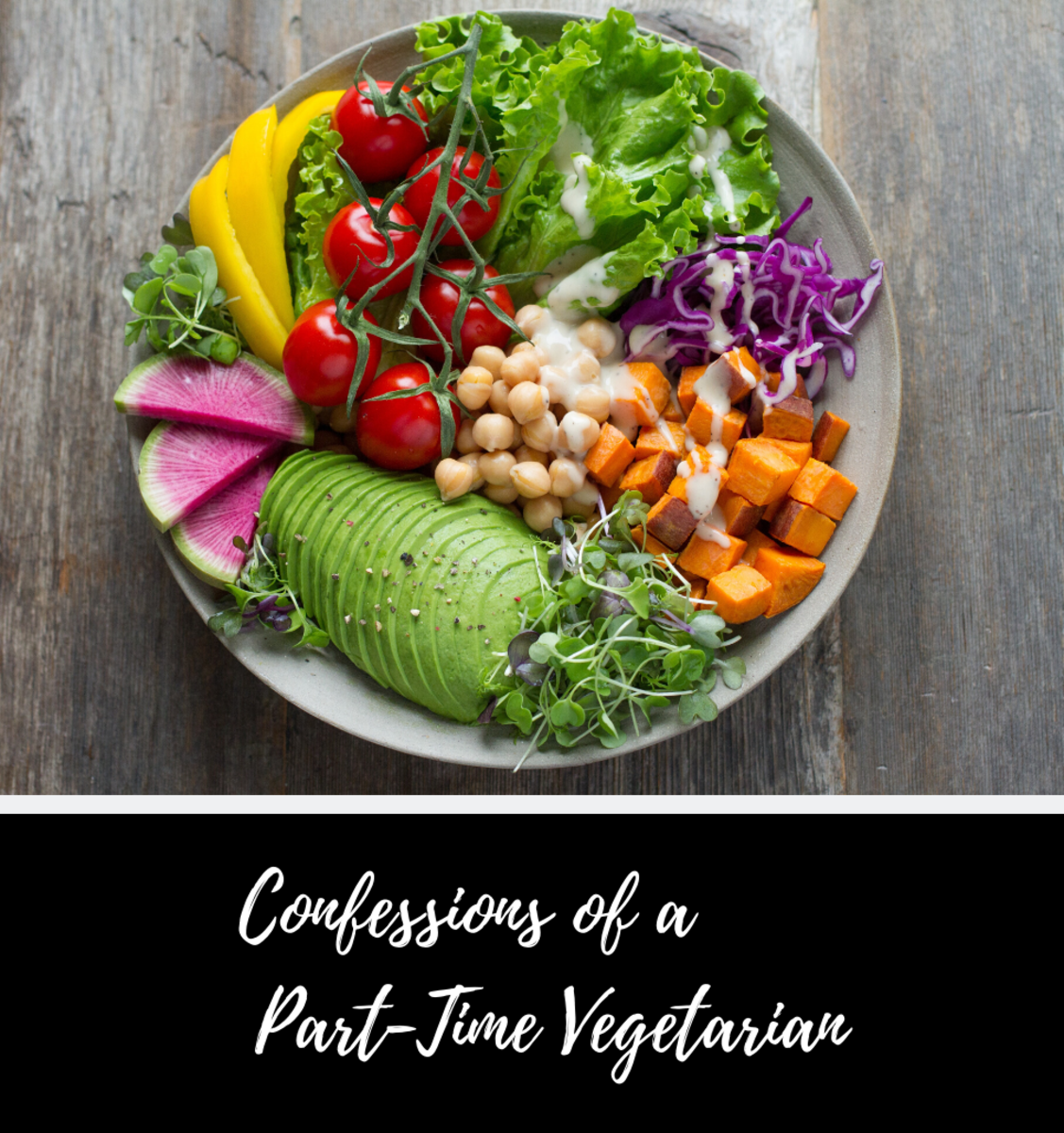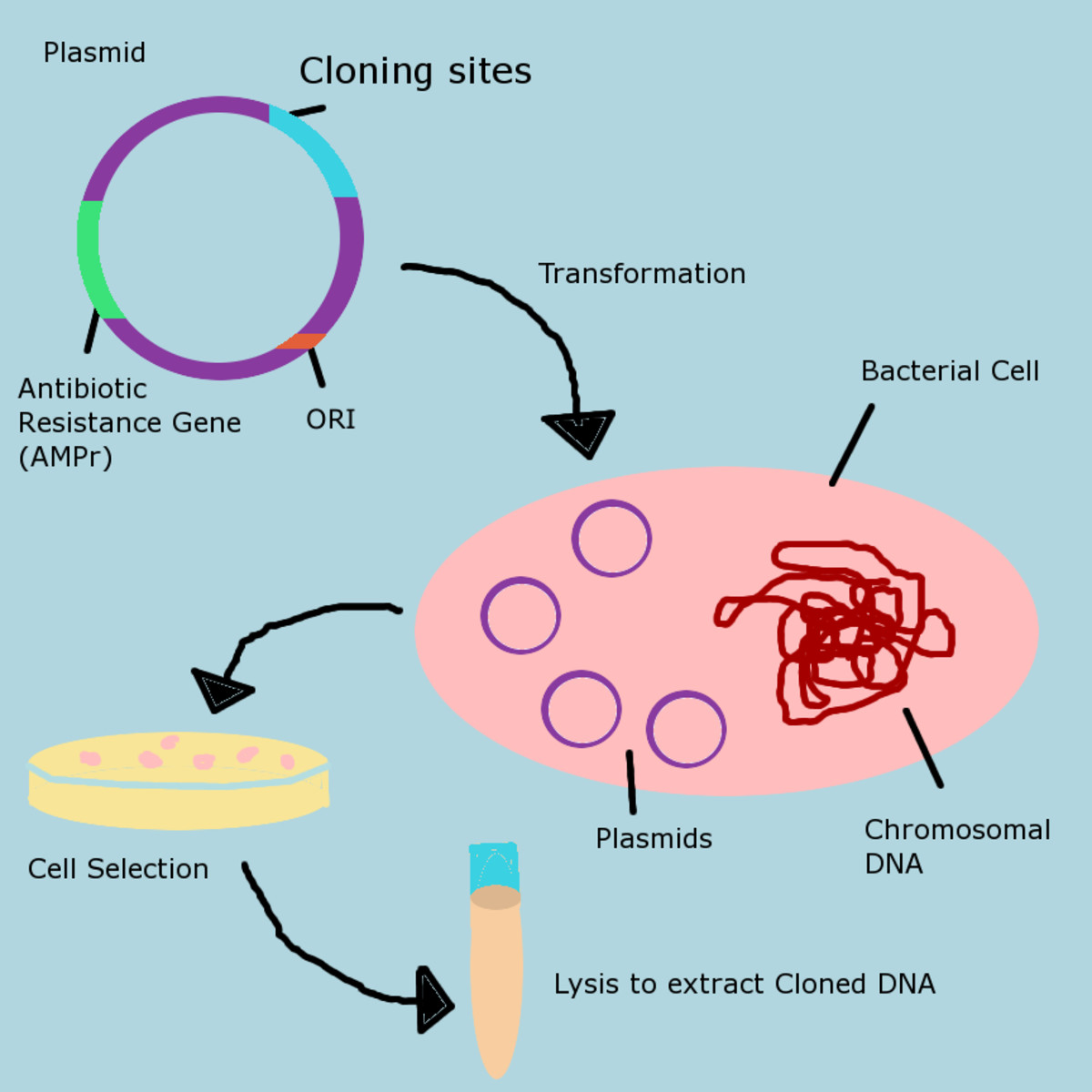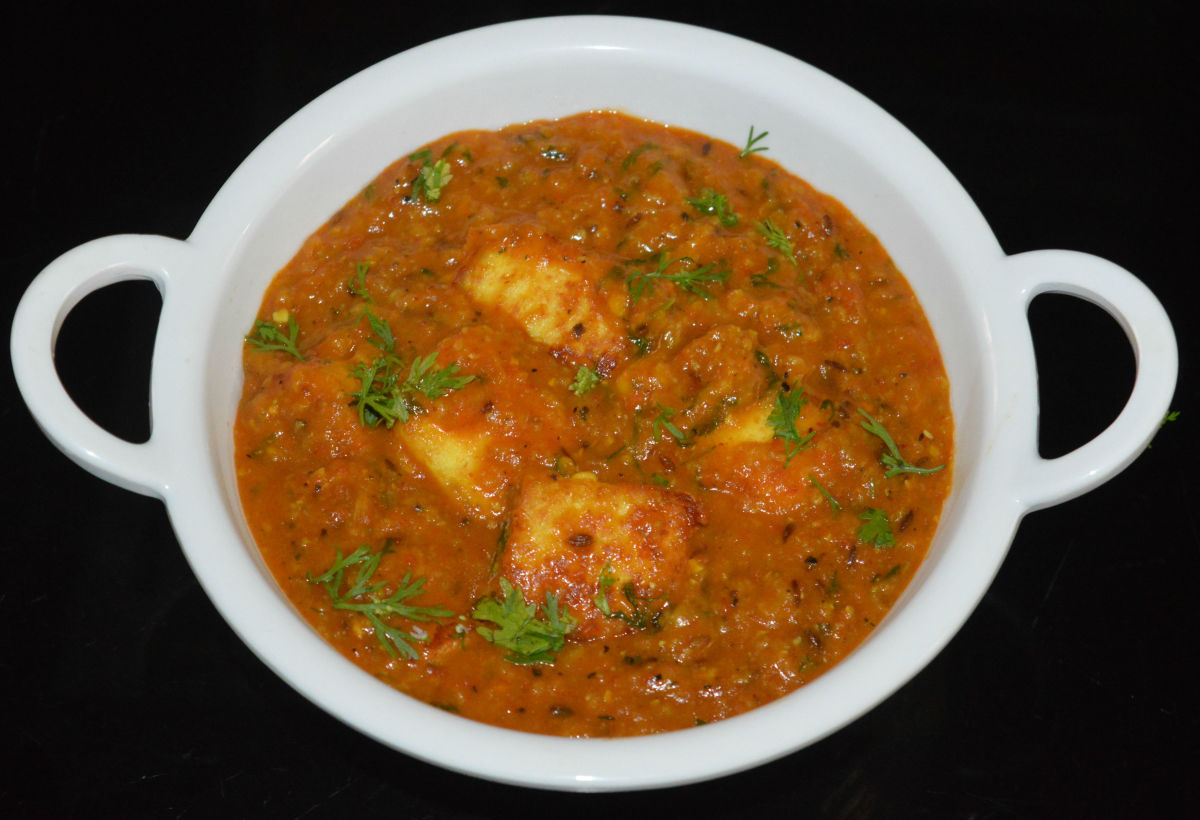Alternatives to Soy: Proteins for Vegetarians
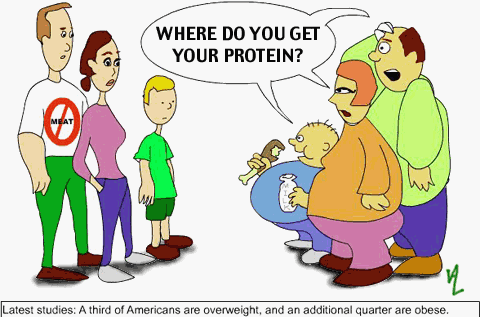
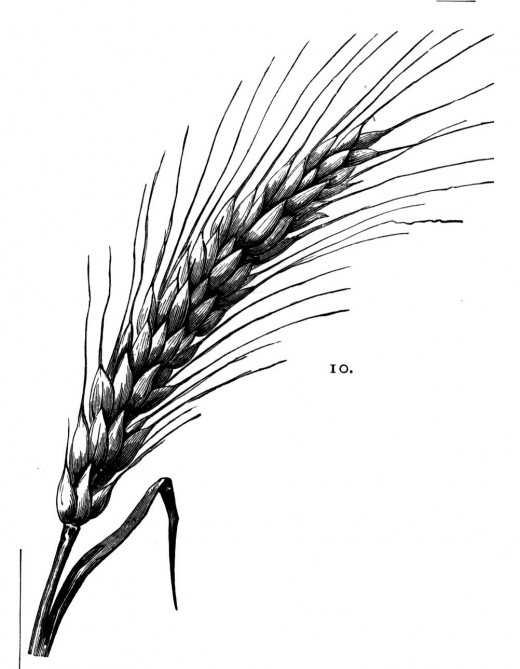
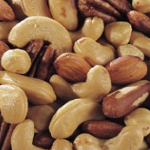
You're a vegetarian (or maybe even a vegan) and you're concerned about getting enough protein in your diet. Perhaps you've been using soy products for years to get the protein you need, but you're looking for some alternatives to soy because the soy supplement is getting old. Maybe there's a health reason that you can't eat soy anymore, such as an allergy, and you want to stick to your vegan principles without further compromising your health by not getting enough protein. Whatever the reason, you're looking for non-soy proteins that are vegetarian-friendly.
Here are some options that you have for getting the protein, sticking to your vegetarian diet and not having to eat soy:
- Wheat grains. Wheat grains are very high in protein and serve as the best non-soy alternative for vegetarians. Vegetarian breads made without dairy will work for vegans as well.
- Pastas. Pastas are another terrific option. Choose non-bleached pasta for the most healthful option. Add protein-rich vegetables to your pasta for additional benefits and better flavor.
- Cereals. Certain cereals are rich in protein and offer a great way to get a good start on the day. Since you can't drink soy milk with them, consider rice milk or another milk alternative. Protein-rich cereals can also be combined with nuts and dried fruits to make trail mix snacks that are high in protein, giving you a protein boost throughout the day.
- Protein-rich vegetables. If you choose your vegetables wisely and prepare them healthfully (eating them raw or steamed lightly), they can be a terrific source of protein. The vegetables you'll want to stock up on for protein purposes include leeks, parsley, chives, and red and green peppers.
- Seaweed. Technically a vegetable, seaweed deserves a category of its own because it is such a popular non-soy choice for proteins. It is added to vegan shakes to boost proteins or can be consumed on its own.
- Seeds. Seeds of all kinds are rich in protein. They can be eaten alone as snacks, combined into trail mix, added as a topping to salads and used as an ingredient in entrees. Sesame, sunflower and pumpkin seeds are the most popular high-protein seeds.
- Walnuts, almonds and cashews. Nuts aren't as high in protein as seeds but they're another good choice to add to your daily diet to get the protein you need. These ones are highest in protein compared to others.
- Apricots and peaches. Fruit is not generally a great source of protein. But since you probably have some fruit in your regular diet, choose apricots and peaches since they're among the highest in protein content for their food category.
- Health food supplements. There are many special products which are on the market that harness the protein power of some of these other categories. For example, spirulina is a popular health food choice amongst people who like the idea of getting their protein from vegetables or seaweed but who want it conveniently packaged.
Another option is to check out the non-soy vegetarian-friendly protein powders and supplements which are on the market. However, since there are so many natural options available to you, there's no real need to look into this alternative.


